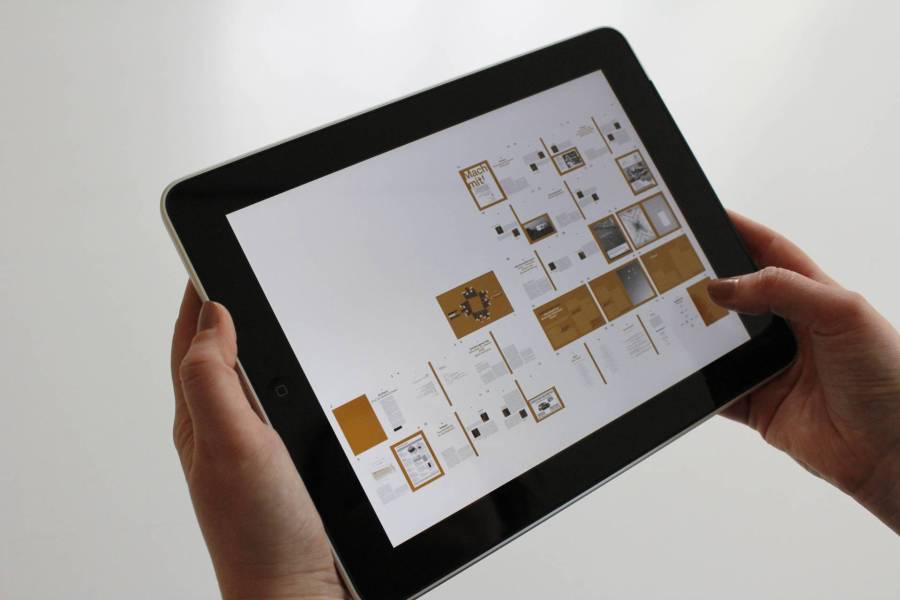In today’s rapidly advancing world, technology plays a crucial role in shaping our lives and society. As emerging technologies continue to evolve, their impact on various aspects of our lives becomes increasingly significant. From transforming industries to revolutionizing communication, emerging tech has the potential to bring about both positive and negative changes. In this article, we will explore some of the most important technologies of our time and delve into their impacts on society, the economy, and individuals.
Artificial Intelligence (AI)
Artificial Intelligence, or AI, has emerged as a game-changer in various fields, including healthcare, finance, transportation, and even NHL expert picks. It involves the development of intelligent machines capable of performing tasks that typically require human intelligence. AI technologies, such as machine learning and natural language processing, have revolutionized industries by automating processes, enhancing decision-making, and improving efficiency. However, as AI continues to advance, there are concerns about job displacement and ethical implications that need to be carefully addressed.
Internet of Things (IoT)
The Internet of Things, or IoT, refers to the network of interconnected physical devices embedded with sensors, software, and connectivity. This technology enables devices to exchange data and communicate with each other. The impact of IoT can be seen in smart homes, smart cities, and industrial automation. IoT has the potential to improve efficiency, reduce costs, and enhance quality of life. However, it also raises concerns about data security and privacy.
Blockchain Technology
Blockchain technology has gained significant attention due to its association with cryptocurrencies like Bitcoin. However, its potential extends beyond digital currencies. Blockchain is a decentralized and transparent ledger system that can verify and record transactions securely. It has the potential to revolutionize industries such as finance, supply chain management, and healthcare. Blockchain technology offers increased security, transparency, and efficiency. However, challenges related to scalability and regulatory frameworks remain to be addressed.
Virtual Reality (VR) and Augmented Reality (AR)
Virtual Reality (VR) and Augmented Reality (AR) technologies have transformed the way we experience the world. VR immerses users in a simulated environment, while AR overlays digital information onto the real world. These technologies have applications in gaming, entertainment, education, and training. They offer immersive and interactive experiences, enabling users to explore new realities. VR and AR also have potential in industries such as architecture, healthcare, and tourism.
Automation and Robotics
Automation and robotics have revolutionized industries by streamlining processes and increasing productivity. With advancements in robotics, tasks that were once performed by humans can now be automated. This technology has impacted manufacturing, logistics, and healthcare sectors, among others. While automation improves efficiency and reduces human error, it also raises concerns about job displacement and the need for upskilling.
Big Data and Analytics
The proliferation of digital technologies has led to the generation of massive amounts of data. Big data refers to large datasets that cannot be easily managed or analyzed using traditional methods. Analytics techniques and technologies enable organizations to derive valuable insights from big data. Big data analytics has applications in various fields, including marketing, healthcare, and finance. It helps in decision-making, identifying patterns, and predicting trends.
Cybersecurity
As technology advances, the importance of cybersecurity becomes paramount. Cybersecurity involves protecting computer systems, networks, and data from unauthorized access, theft, and damage. With the increasing reliance on digital technologies, the risk of cyber threats also grows. Cybersecurity technologies and practices aim to safeguard sensitive information, prevent data breaches, and ensure the integrity of systems.
Biotechnology and Genetic Engineering
Biotechnology and genetic engineering have transformed various fields, including healthcare, agriculture, and environmental conservation. These technologies involve the manipulation of biological systems to develop new products, treatments, and processes. Biotechnology has led to advancements such as gene therapies, genetically modified crops, and renewable biofuels. However, ethical considerations and regulatory frameworks are essential to ensure the responsible use of these technologies.
Renewable Energy Technologies
The urgent need to address climate change has led to increased focus on renewable energy technologies. Solar, wind, hydro, and geothermal power are among the sustainable alternatives to fossil fuels. They offer cleaner and more sustainable sources of energy, reducing dependence on non-renewable resources. The widespread adoption of renewable energy technologies is crucial for mitigating the impacts of climate change and transitioning to a greener future.
Impact on Industries
Emerging technologies have a significant impact on industries across the board. They disrupt traditional business models, create new opportunities, and enhance productivity. Industries such as healthcare, finance, manufacturing, and transportation have experienced substantial transformations due to technological advancements. Embracing these technologies is crucial for organizations to stay competitive and thrive in the digital age.
Impact on the Economy
The integration of emerging technologies into the economy has far-reaching implications. It drives innovation, enhances productivity, and fosters economic growth. AI, automation, and big data analytics, among others have the potential to create new industries and job opportunities. However, there are concerns about job displacement and the need for upskilling to ensure a smooth transition in the workforce.
Impact on Jobs and Employment
The rapid advancement of technology has led to changes in the job market. While technology has created new jobs and industries, it has also automated routine tasks, leading to job displacement. The adoption of AI, automation, and robotics can reshape the employment landscape. It is essential for individuals and organizations to adapt to these changes by acquiring new skills and embracing lifelong learning.
Impact on Communication and Social Interaction
Technology has transformed the way we communicate and interact with others. Social media platforms, messaging apps, and video conferencing tools have made communication more accessible and instantaneous. However, concerns about privacy, digital divide, and the erosion of face-to-face interactions have also emerged. Finding a balance between the benefits and challenges of technology in communication is crucial for maintaining social connections and well-being.
Ethical Considerations and Challenges
As emerging technologies continue to advance, ethical considerations become increasingly important. Technologies like AI, biotechnology, and big data analytics raise questions about privacy, data security, and the responsible use of technology. Ensuring ethical practices, transparency, and accountability are essential to harness the full potential of emerging technologies while mitigating potential risks.
Conclusion
Emerging technologies have a profound impact on society, the economy, and individuals. From AI and IoT to blockchain and renewable energy, they offer immense potential for progress and innovation. However, it is crucial to navigate the challenges, address ethical concerns, and ensure that the benefits of technology are accessible to all. By embracing emerging technologies responsibly and fostering collaboration, we can shape a future where technology serves the common good and contributes to a better world for everyone.


















